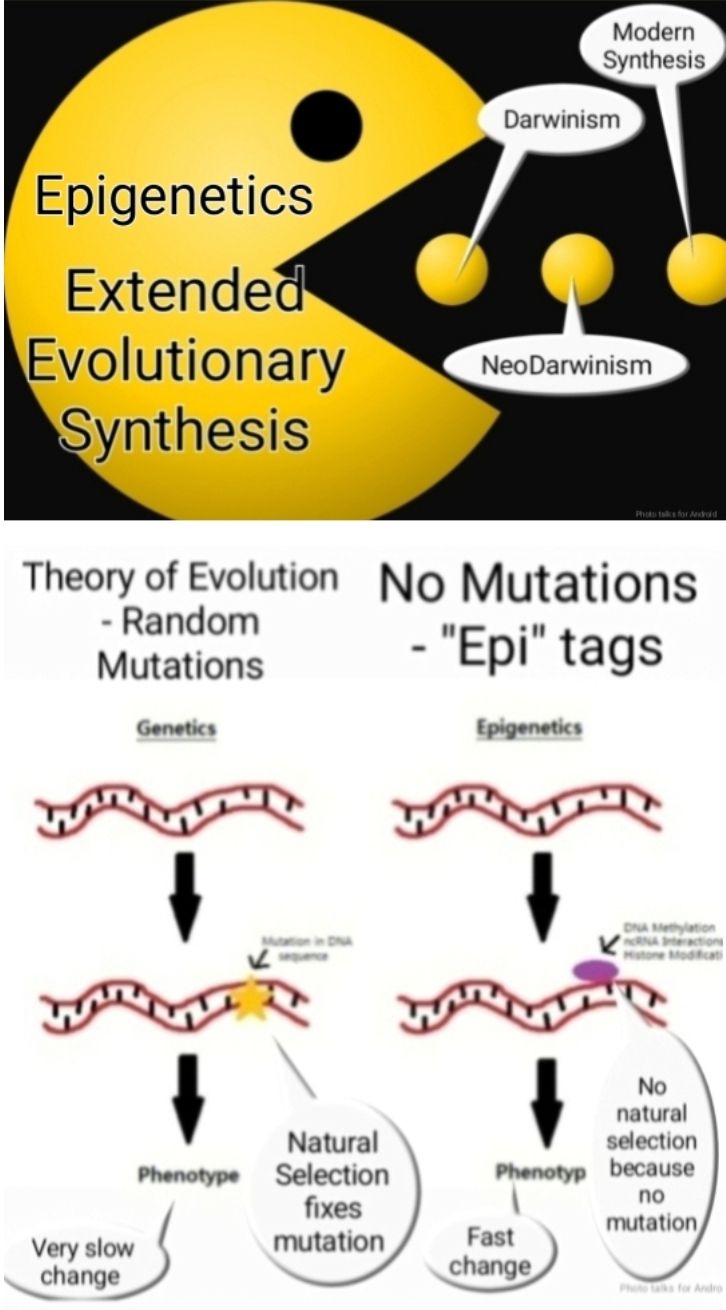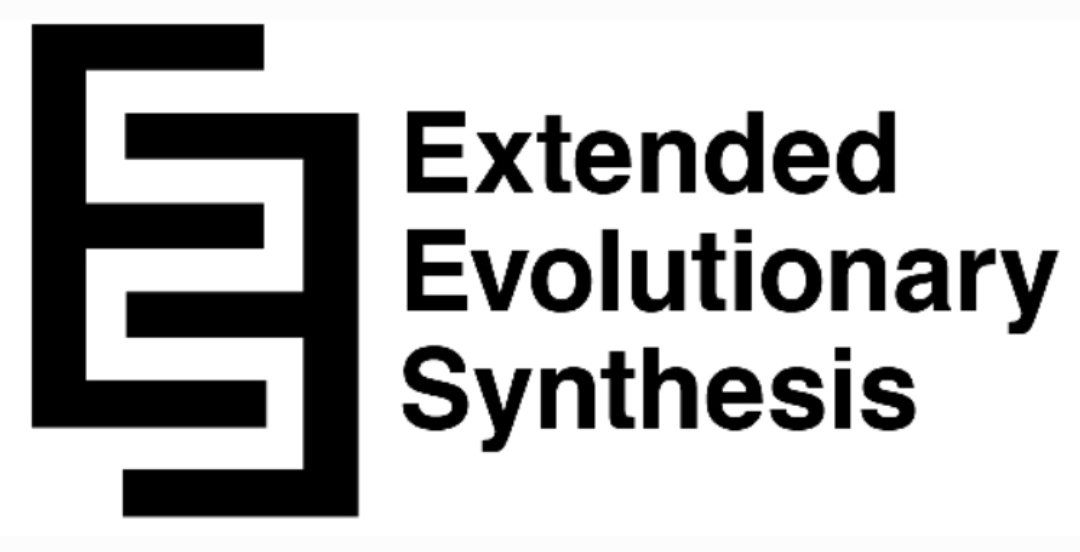Rethinking Human Origins: A Paradigm Shift in Evolutionary Theory

The special issue of PaleoAnthropology , titled "Niche Construction, Plasticity, and Inclusive Inheritance: Rethinking Human Origins with the Extended Evolutionary Synthesis (EES)", presents a compelling case for re-evaluating the traditional understanding of human evolution. This collection of articles challenges the prevailing Modern Synthesis theory, arguing that a broader framework is necessary to fully grasp the complexities of human origins. Beyond the Modern Synthesis The Modern Synthesis, which has dominated evolutionary biology for decades, emphasizes the role of genetic variation and natural selection in driving evolutionary change. While this model has provided insights, the EES proposes that it is incomplete. The EES argues that additional factors, such as niche construction, developmental plasticity, and inclusive inheritance, have played a significant role in shaping the human lineage. Niche construction refers to the ability of organisms to modify ...




